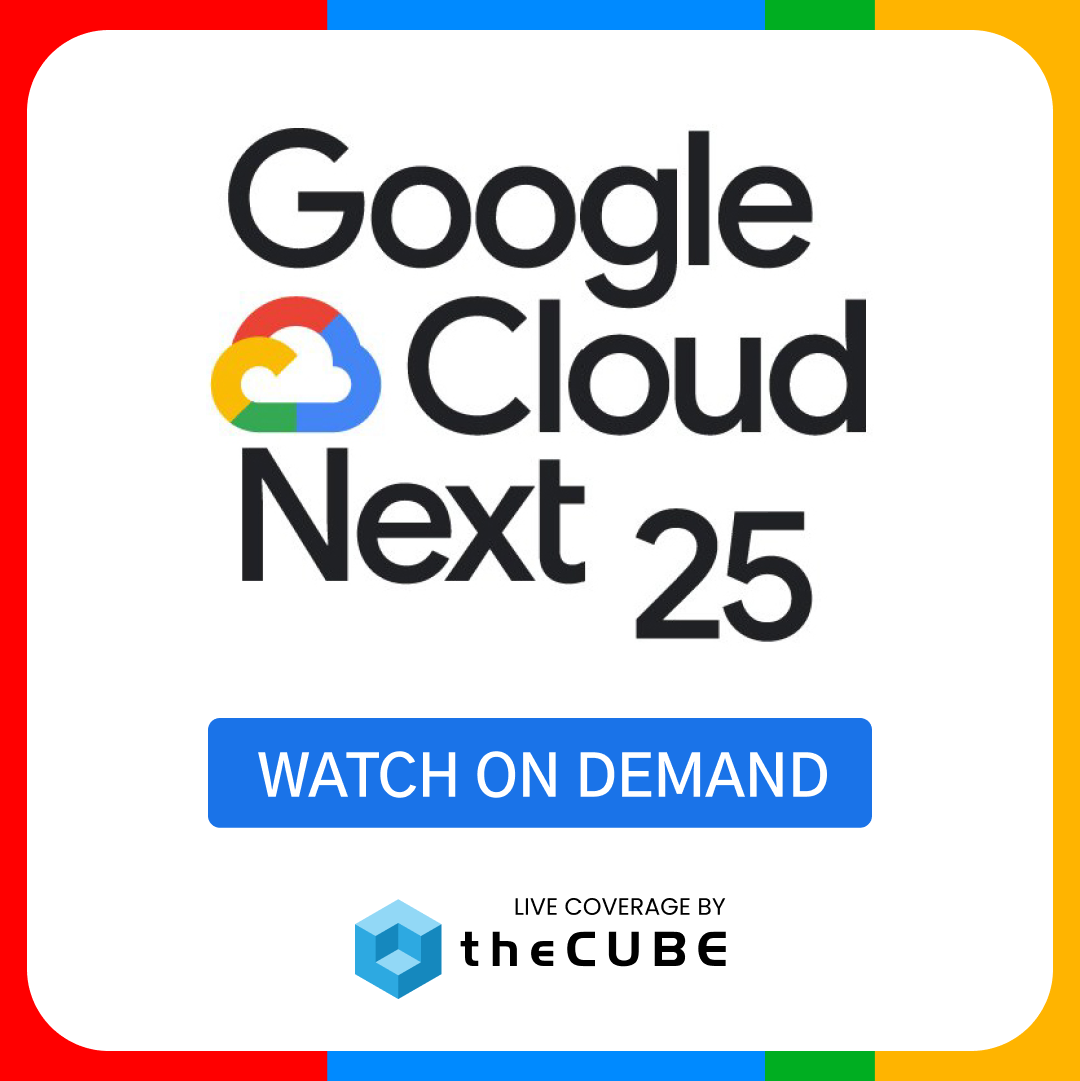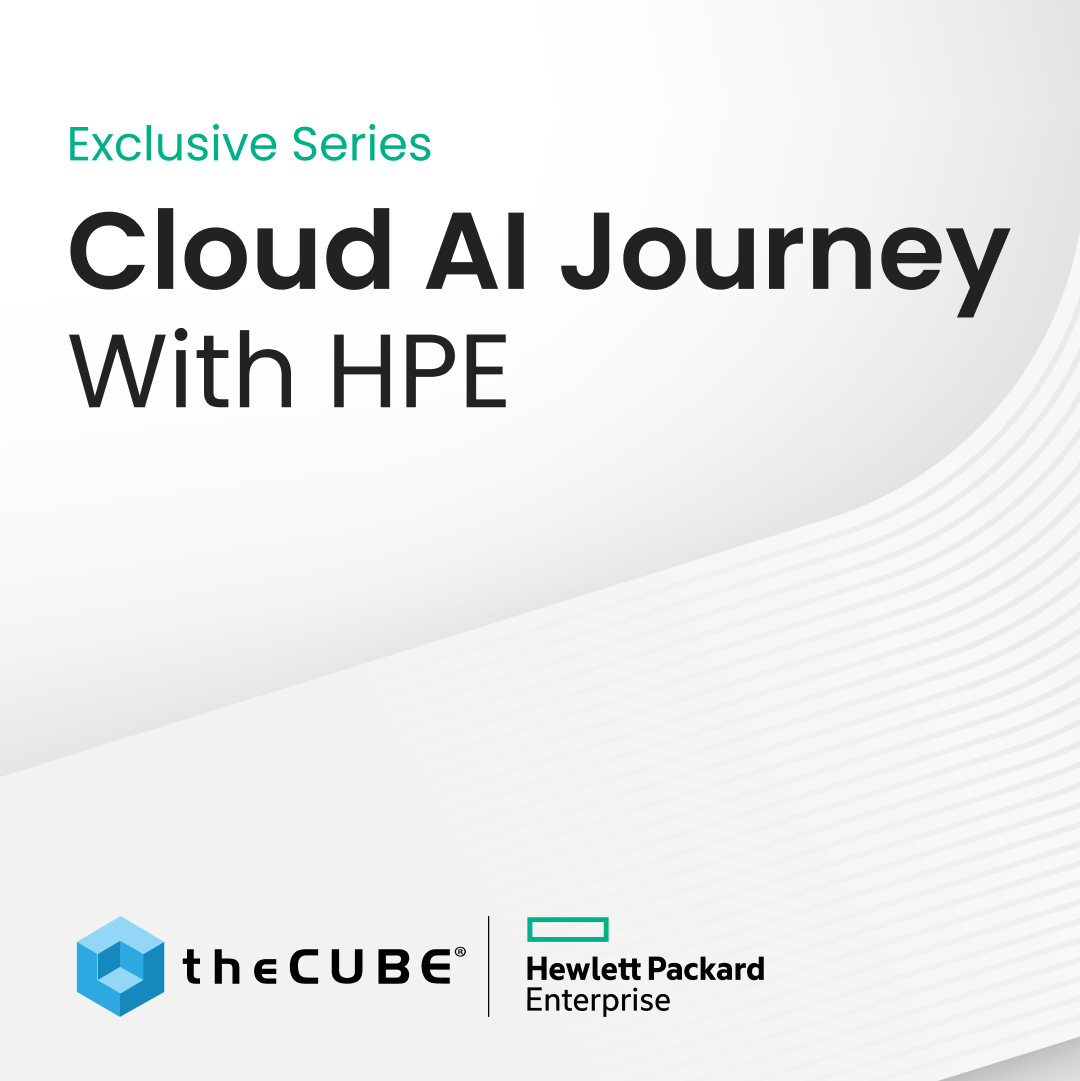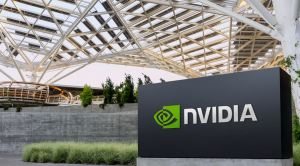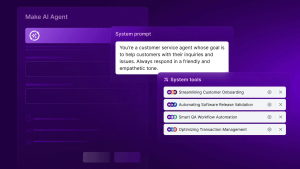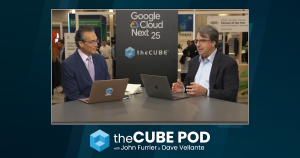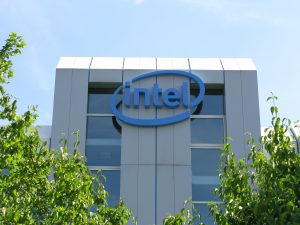Eventbrite Releases a Report on the Impact of Social Networking on eCommerce
Eventbrite has released a report based on how engagement with social networks drives eCommerce. The report provides a quantification for a great deal of data. They’re also in an excellent position to collect this sort of data as one of the world’s largest event ticketing companies.
The name of the report is Social Commerce: A First Look at the Numbers and it contains an amazing number of insights.
The key findings of this analysis include:
- Sharing drives transactions: Over the past 12 weeks on Eventbrite, a share on Facebook equals $2.52 in ticket sales, a share on Twitter equals $0.43, a share on LinkedIn equals $0.90, and a share through Eventbrite’s “email friends” application equals $2.34. On an aggregate level across Facebook, Twitter, LinkedIn, and Eventbrite’s email share tool, each share equals $1.78 in ticket sales. This number is showing consistent growth with the most recent 4-week average equaling $1.87.
- It’s happening across all types of events: Sharing is consistent across event size and vertical. Classes/workshops and networking events have the most share activity, followed by fundraisers, conferences, and music events.
- It’s intensely sticky: For Eventbrite, Facebook is now the #1 referring site for traffic, surpassing Google. Each Facebook share drives 11 visits back to Eventbrite.com. Averaging across all channels, one share drives over 7 visits back to Eventbrite.com.
Eventbrite uses an in-house developed analytic tool that tracks where a user came from, how far potential customers went into the eCommerce process, and all of the detectable interactions they made with social networks, Eventbrite, and other customers. Metrics work across different social networks (weighing the difference in attraction of a “Like” vs a “Tweet”) and they even track the effects of satisfaction and sales.
The power behind social networking for eCommerce seemed undisputed, but with metrics showing that customer involvement from Facebook greatly exceeds Google should vindicate companies who leverage social involvement over SEO.
Events happen to be inherently social buisness, especially because people don’t tend to go out alone. So this data might shed some light on the power of socialization, but it won’t work this way for every industry (e.g. retail products). However, the data involved does show that when people get involved, their interaction becomes a powerful engine of interest.
A message from John Furrier, co-founder of SiliconANGLE:
Your vote of support is important to us and it helps us keep the content FREE.
One click below supports our mission to provide free, deep, and relevant content.
Join our community on YouTube
Join the community that includes more than 15,000 #CubeAlumni experts, including Amazon.com CEO Andy Jassy, Dell Technologies founder and CEO Michael Dell, Intel CEO Pat Gelsinger, and many more luminaries and experts.
THANK YOU









